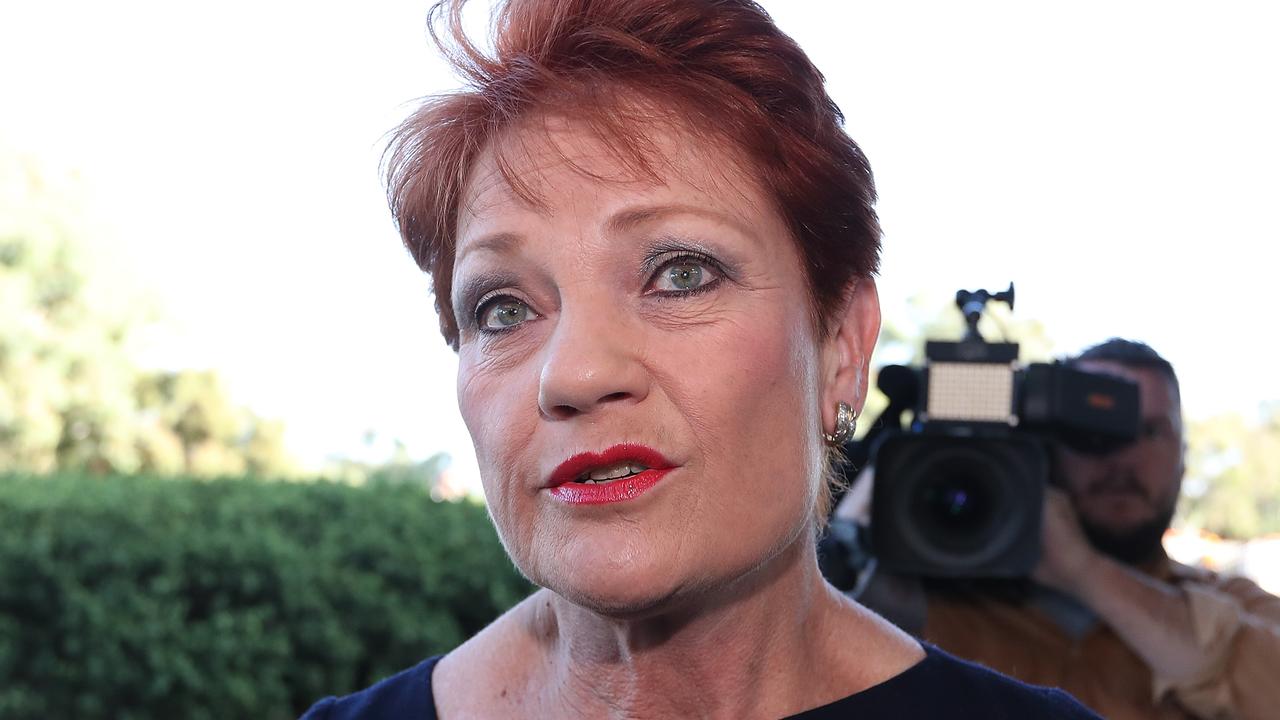Peter Dutton resolute on long-term illegals
MORE than 30,000 “invisible” migrants have been living illegally in Australia for more than five years.
MORE than 30,000 “invisible” migrants have been living in Australia illegally for more than five years, prompting calls from the Migration Institute to legitimise their residency.
However, Immigration Minister Peter Dutton has warned that he will take a hardline approach to unlawful migrants overstaying their visas, insisting most will be sent home as soon as they can be identified.
Figures obtained from the Department of Immigration show that of the 62,100 unlawful non-citizens in Australia as at June last year, 31,550 had been living here illegally for more than five years.
The number of unlawful non-citizens living in the community is more than four times the migrant intake allowed into Australia each year on humanitarian visas (set at 13,750) and more than the total number of boat arrivals to Australia between 2000 and 2013.
More than 20,000 illegal migrants have been in the country for more than a decade, many of whom would be living “normal lives” but in constant fear of authorities, according to the Migration Institute.
Most unlawful migrants living in Australia have arrived legally on visas — most commonly visitor and student visas — but have overstayed.
The Australian can also reveal that the number of non-citizens being returned and removed from the country is growing, with about 10,000 people returned or deported last year after overstaying their visas, up from 8000 in 2011.
Chinese, Malaysians, Americans and Britons top the list of illegal non-residents in Australia, while 1 per cent of the entire 100,000 population of Tonga now lives in Australia illegally.
Migration Institute president Angela Chan said that long-term illegal residents needed an avenue by which to apply for legal rights, as had occurred under an amnesty for nearly 8000 visitors who had overstayed their visitor visas in the late 1970s.
“If you have people who have been here for a substantial period of time, and they are absorbed into the community and they have connections in the community and they do not have a criminal record, then there should be options for them to remain in Australia,” she said.
“The government needs to look at a way to try and facilitate the status of these people in Australia, as at the moment the current categories open to these people is highly limited.”
Ms Chan said many of the unlawful citizens could then be on the electoral roll, pay tax and work legally. “It is better to know who you have got in the community and electoral roll and who is here, rather than have these people go underground,” she said.
Mr Dutton said the government’s policy on illegal migrants was clear, and people who had overstayed would be dealt with “according to the law”.


